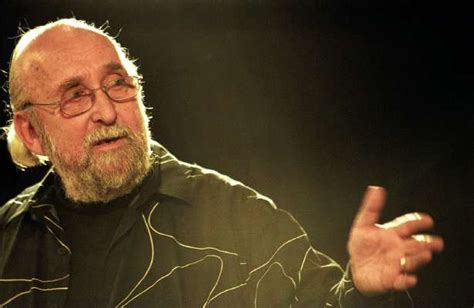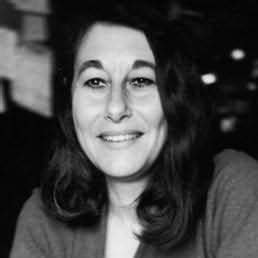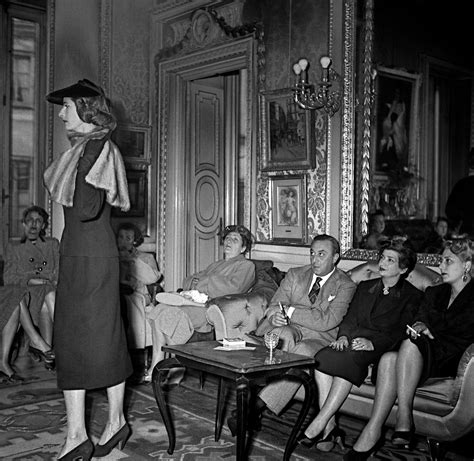A Quote by Toni Morrison
I know there's some poetry that sort of sounds like daisies, but most of the good poetry is also [political], you can feel the heartbeat; it's about some situation that concerns human beings under duress. It's suggesting a solution, or just acknowledging that [the situation] exists. Art does that.
Related Quotes
I'm saying that the domain of poetry includes both oral & written forms, that poetry goes back to a pre-literate situation & would survive a post-literate situation, that human speech is a near-endless source of poetic forms, that there has always been more oral than written poetry, & that we can no longer pretend to a knowledge of poetry if we deny its oral dimension.
That's one of those questions that would just love to have a pat answer. You know, poetry's job is to make us feel good. Poetry exists to allow us to express our innermost feelings. There isn't one role for poetry in society. There are many roles for poetry. I wrote a poem to seduce my wife. I wrote a poem when I asked her to marry me. Poetry got me laid. Poetry got me married.
Poets are political, they have to be reflections of their times [because] they're living in their times... Poetry is political in that it's standing in opposition to fascism. Good poetry asks a bunch of questions and asks the audience to interact with themselves or see themselves in it; maybe you like it or you don't like it. But the fascist sort of stuff plays on your fears and tells you to jump on the party line and gives some simple excuses - blame this person.
I don't know that I had a sense that there was such a thing as "the poetry world" in the 1960s and early 70s. Maybe poets did, but for me as an onlooker and reader of poetry, poetry felt like it was part of a larger literary world. I mean, even the phrase "the poetry world" reflects a sort of balkanization of American literary and artistic life that has to some extent happened since then.
We do have to learn poetry at school. Poetry is interesting to me, particularly Chinese poetry. It's like an ancient form of song. There's five sentences, seven sentences - they're very different from English poetry. Chinese poetry is much more rigorous. You can only use this many words, and they will form some kind of rhythm so people can actually sing it. To me, poetry is quite abstract but also quite beautiful.
In my writing, I'm often describing a universal situation. A situation in which human beings often choose to violate each other. Sometimes I happen to explore that in terms of the black/white dynamic. Generally, a white person does not like me to say, or does not like to be told, "You know, what you did was incredibly wrong."







































